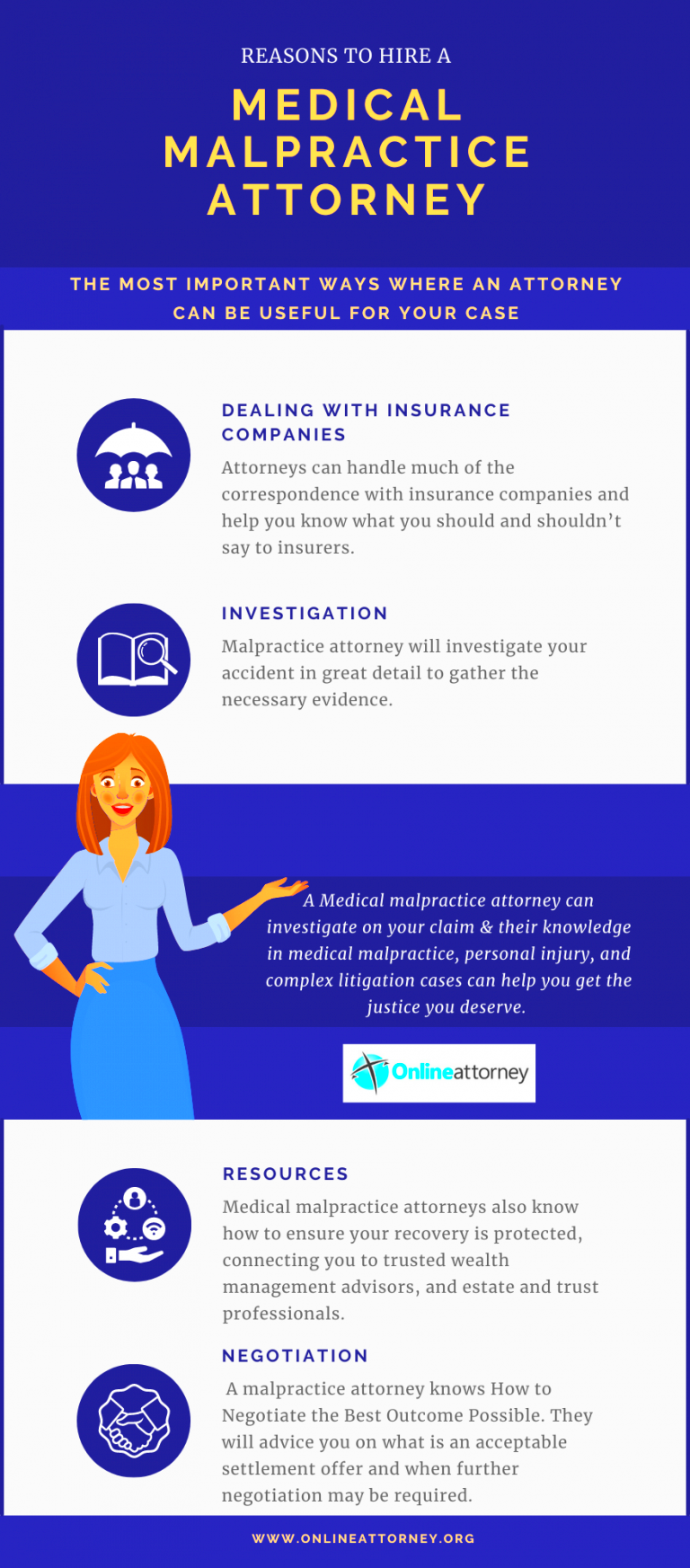Family Law Malpractice Attorneys What to Expect
Family law malpractice refers to situations where a lawyer fails to provide the necessary standard of care in handling a family law case, leading to harm or damages for the client. This area of law deals with issues such as divorce, child custody, adoption, and domestic violence. When an attorney makes errors, whether through negligence, lack of knowledge, or unethical behavior, it can seriously impact the outcome of a case. Understanding
Common Types of Family Law Malpractice

Family law malpractice can manifest in various ways. Here are some common types:
- Negligence: Failing to file documents on time or missing court deadlines can jeopardize a case.
- Conflict of Interest: Representing clients with opposing interests without proper disclosure can lead to legal complications.
- Inadequate Research: Not investigating key facts or failing to gather necessary evidence can weaken a client’s position.
- Misrepresentation: Providing false information about the law or potential outcomes can mislead clients.
- Ethical Violations: Engaging in unethical behavior, such as fraud or deceit, can undermine a case.
Recognizing these issues can help clients understand if they have a valid claim for malpractice.
Signs You May Have a Malpractice Case
If you suspect that your family law attorney may have committed malpractice, here are some signs to look for:
- Unreturned Calls or Emails: Lack of communication can indicate neglect.
- Errors in Legal Documents: Mistakes in filings or paperwork can lead to serious consequences.
- Failure to Follow Your Instructions: An attorney should act in your best interest and follow your directives.
- Unexplained Delays: Prolonged delays without a valid reason can signal potential malpractice.
- Loss of Case: If you lose your case and believe it resulted from your attorney’s actions, it may be time to consult another lawyer.
If you notice any of these signs, consider seeking a second opinion to evaluate your situation. Understanding your rights is vital in family law cases.
Choosing the Right Family Law Malpractice Attorney
Finding the right attorney to handle your family law malpractice case is crucial. You want someone who understands the nuances of family law and has a solid track record in malpractice claims. It can be overwhelming, but with the right approach, you can find a qualified attorney who meets your needs.
Here are some steps to help you choose wisely:
- Check Their Experience: Look for an attorney with specific experience in family law and malpractice cases. You want someone who has dealt with situations similar to yours.
- Read Reviews: Look for client testimonials and reviews online. Websites like Avvo or Google Reviews can provide insights into other clients’ experiences.
- Ask About Outcomes: Inquire about the attorney’s success rate in malpractice cases. A proven track record can give you confidence in their abilities.
- Schedule Consultations: Meet with potential attorneys to discuss your case. This will help you gauge their communication style and approach.
- Consider Fees: Understand their fee structure. Some may work on a contingency basis, while others might charge hourly rates.
Choosing the right attorney is essential for your case’s success. Take your time and do your research to ensure you find someone who aligns with your needs.
What to Expect During Your Case
When you decide to pursue a family law malpractice case, it’s normal to feel anxious about what lies ahead. Understanding the process can help ease your worries. Here’s a general overview of what you can expect:
- Initial Consultation: This is where you will discuss your case with your attorney, providing details about your experience with the previous lawyer.
- Gathering Evidence: Your attorney will collect necessary documents, emails, and records related to your case to build a solid foundation for your claim.
- Filing the Claim: Your attorney will formally file your malpractice claim, outlining how the previous attorney’s actions harmed you.
- Discovery Phase: Both sides will exchange information and evidence. This process can take time, as each side seeks to understand the other’s position.
- Negotiation: Many cases settle before going to trial. Your attorney will negotiate on your behalf to seek a fair settlement.
- Trial: If a settlement cannot be reached, your case may go to trial, where you’ll present your case to a judge or jury.
Throughout the process, maintaining open communication with your attorney is vital. They will guide you through each step and ensure you understand what’s happening.
Legal Fees and Costs in Family Law Malpractice Cases
Understanding legal fees and costs associated with a family law malpractice case can help you plan better. These costs can vary widely based on several factors, including the complexity of your case and the attorney’s experience. Here’s what to keep in mind:
Legal fees typically fall into the following categories:
- Hourly Fees: Many attorneys charge by the hour. Rates can vary based on location and the attorney’s experience, ranging from $100 to $500 per hour.
- Flat Fees: For straightforward cases, some attorneys may offer a flat fee structure, providing predictability in costs.
- Contingency Fees: In some cases, attorneys work on a contingency basis, meaning they only get paid if you win your case. This fee is usually a percentage of the settlement.
- Retainers: Some lawyers require a retainer fee upfront, which is an advance payment for their services. This amount is then deducted from your total bill.
In addition to legal fees, be aware of other potential costs, such as:
- Filing Fees: These are charges for submitting your legal documents to the court.
- Expert Witness Fees: If your case requires expert testimony, those costs can add up.
- Miscellaneous Costs: These can include costs for copies, postage, and other administrative expenses.
Before starting your case, discuss the fee structure with your attorney to avoid surprises. Understanding the costs can help you make informed decisions as you navigate your family law malpractice case.
The Importance of Evidence in Malpractice Claims
When pursuing a family law malpractice claim, evidence is your strongest ally. It plays a crucial role in proving that your attorney’s actions or inactions caused you harm. Without solid evidence, it can be challenging to support your case and achieve a favorable outcome. Let’s explore why evidence is vital and how to gather it effectively.
Here are some key types of evidence that can strengthen your claim:
- Documents: Gather all relevant documents, including contracts, court filings, correspondence with your attorney, and notes from meetings. These can demonstrate the nature of your agreement and the actions taken (or not taken) by your attorney.
- Records of Communication: Keep a record of emails, texts, and phone calls with your attorney. This can provide insight into their communication style and responsiveness.
- Witness Statements: If others were involved in your case or witnessed your attorney’s actions, their statements can serve as valuable testimony.
- Expert Opinions: Consulting with another attorney or expert in family law can help substantiate your claim. Their insights can clarify how your previous attorney fell short.
Collecting and organizing evidence can be time-consuming, but it’s essential. Your attorney will help you understand what evidence is needed and how to present it effectively. Remember, the stronger your evidence, the better your chances of success in your malpractice claim.
Frequently Asked Questions
When dealing with family law malpractice, you might have several questions. Here are some common inquiries and their answers to help you navigate this complex area:
- What constitutes malpractice in family law? Malpractice occurs when an attorney fails to perform their duties competently, resulting in harm to the client.
- How long do I have to file a malpractice claim? The statute of limitations varies by state, but it’s generally between one to three years from the date you discovered the malpractice.
- Do I need to prove my attorney intended to harm me? No, you only need to demonstrate that their negligence caused you harm, regardless of intent.
- Can I still pursue a case if I lost my original family law case? Yes, you can pursue a malpractice claim if you believe your attorney’s actions contributed to your loss.
- What if I can’t afford an attorney for my malpractice claim? Many malpractice attorneys work on a contingency basis, meaning they only get paid if you win your case.
If you have other questions or concerns, don’t hesitate to reach out to a family law malpractice attorney. They can provide guidance tailored to your specific situation.
Conclusion
Family law malpractice can have serious consequences, impacting not only your case but also your life. Understanding the nuances of this area of law is essential for protecting your rights. From recognizing the signs of malpractice to knowing how to choose the right attorney, being informed empowers you to take action.
As you navigate this process, remember that evidence is crucial for building your case. Collecting and organizing the right documentation can significantly improve your chances of success. Don’t hesitate to ask questions and seek help when needed. The right support can make a world of difference in your journey towards justice.
Ultimately, your experience with family law malpractice should serve as a learning opportunity. By staying informed and advocating for yourself, you can work towards a better outcome, not just for yourself but for others who may face similar challenges in the future.


